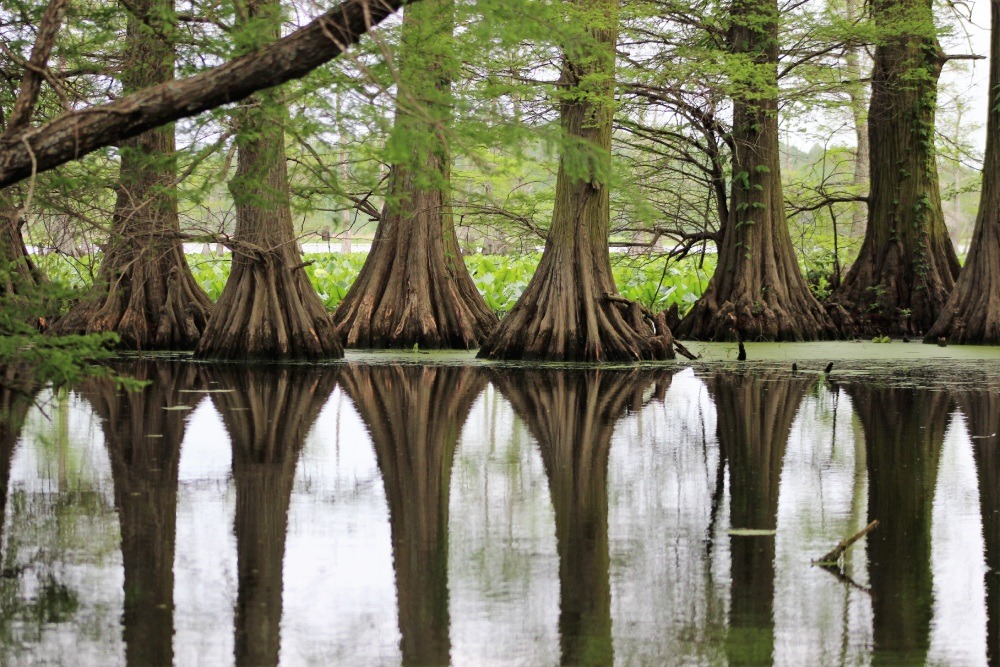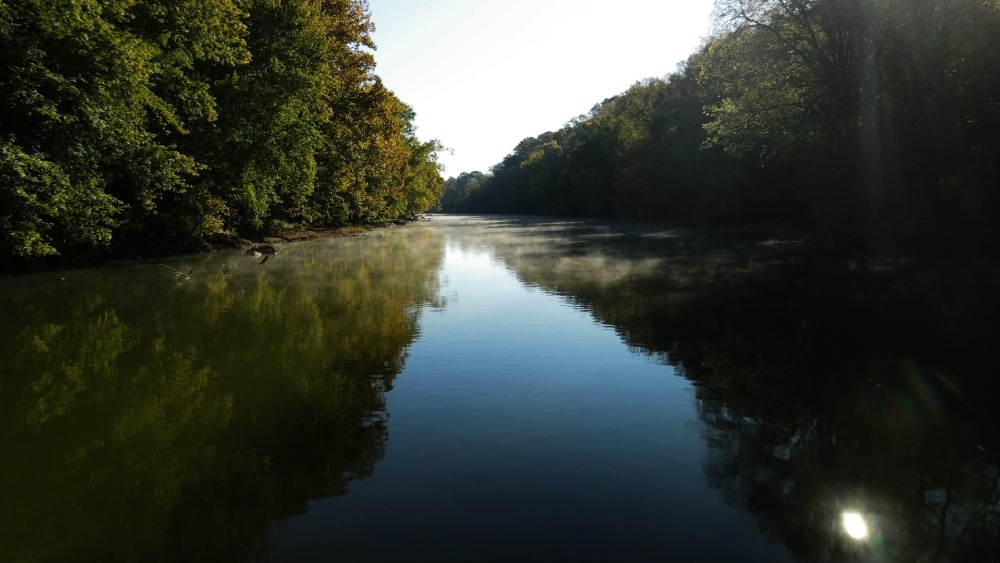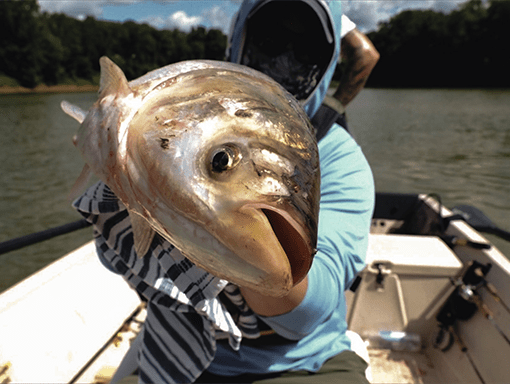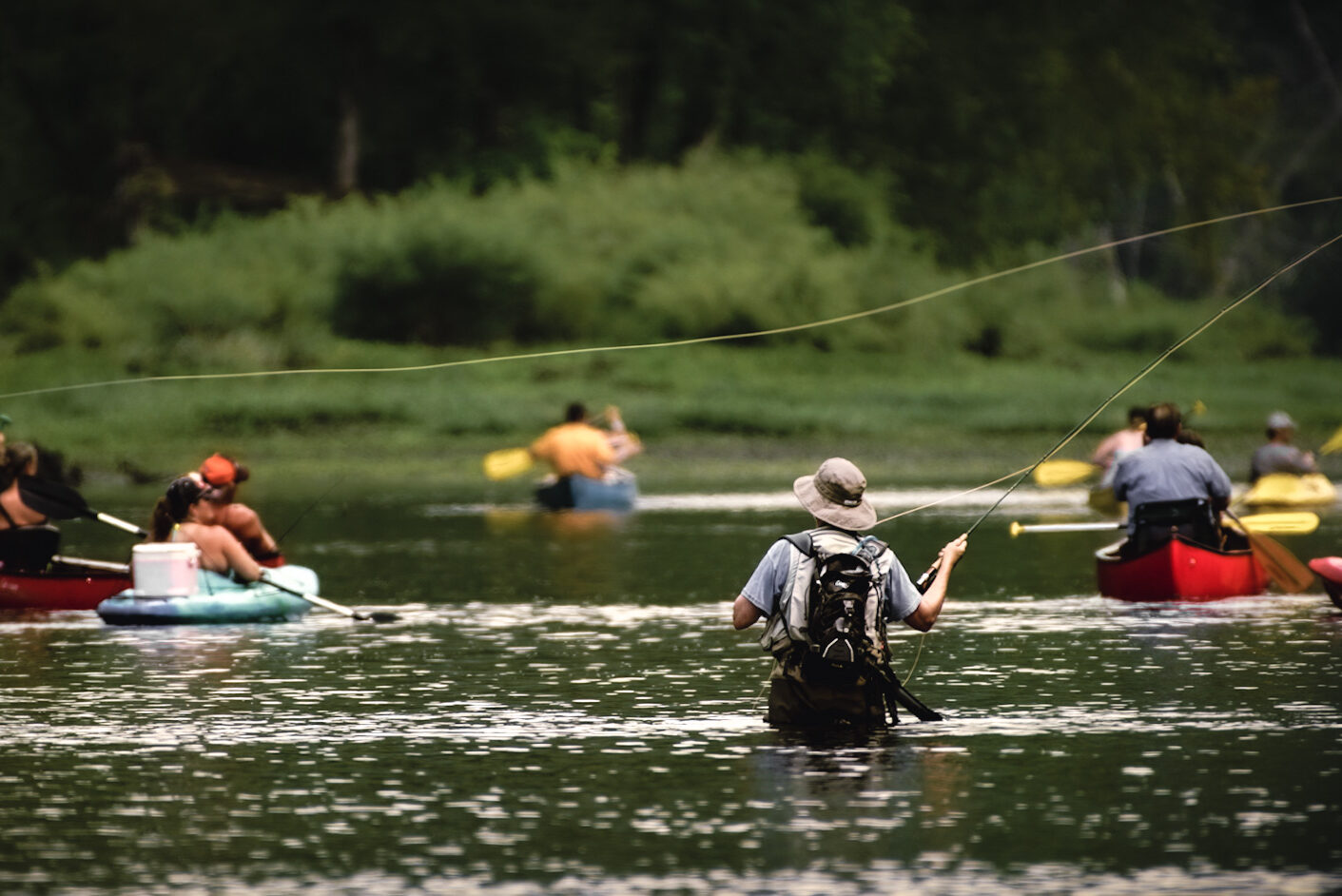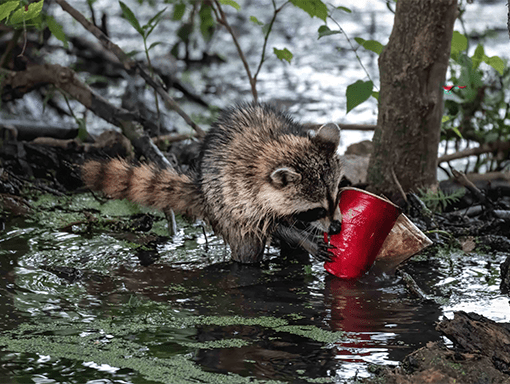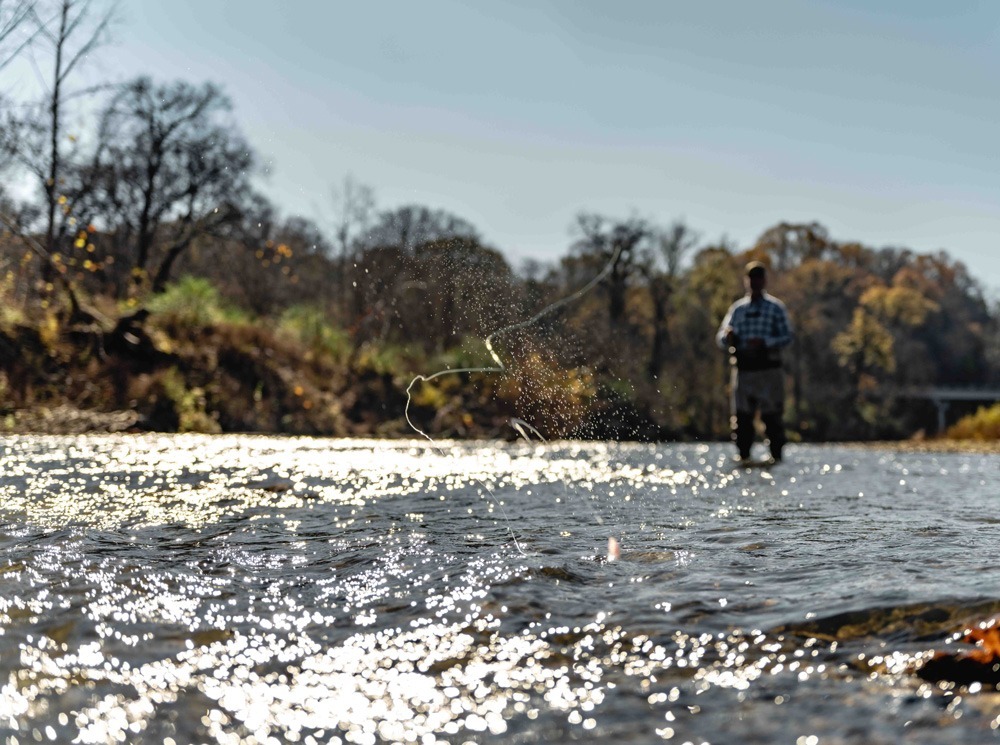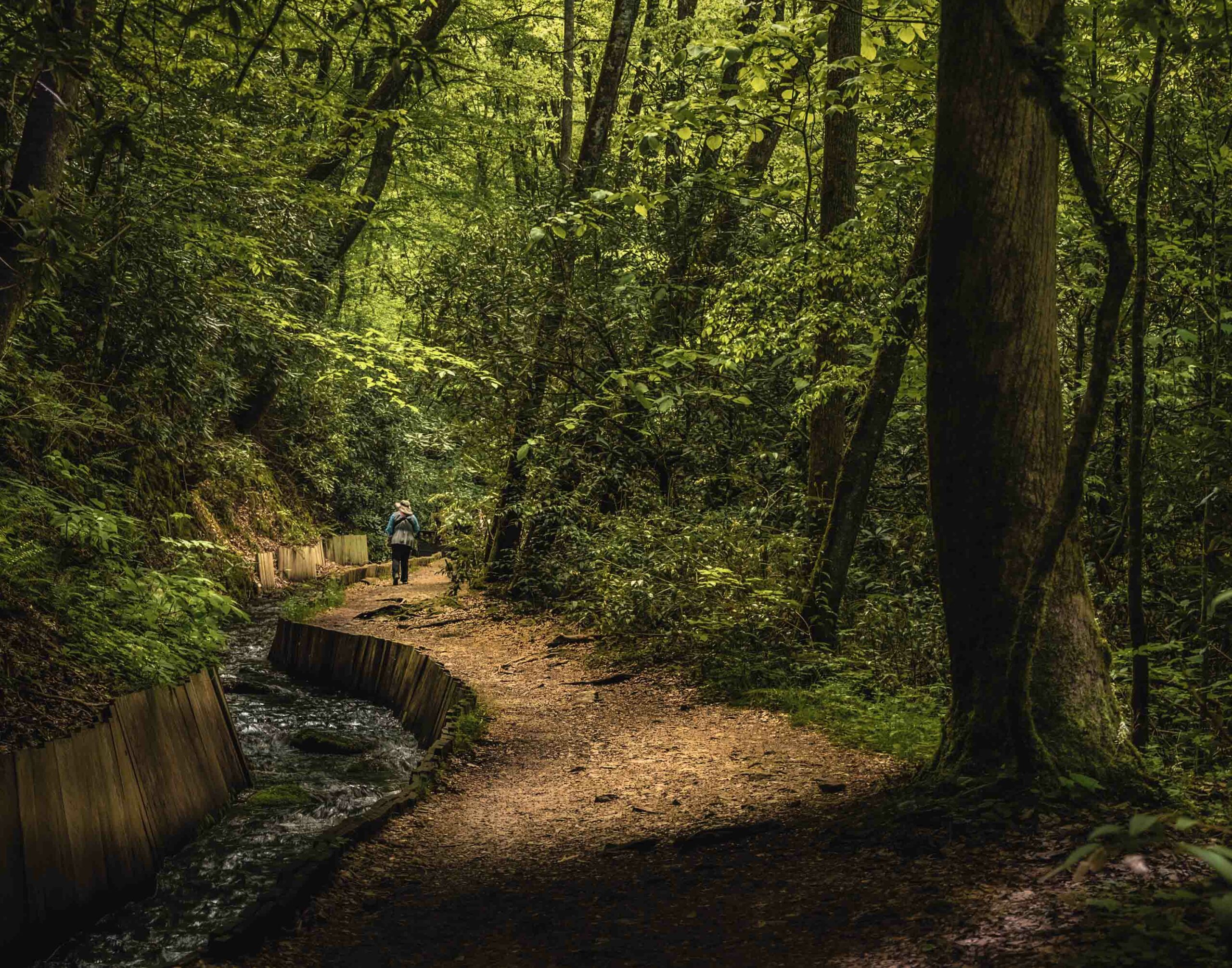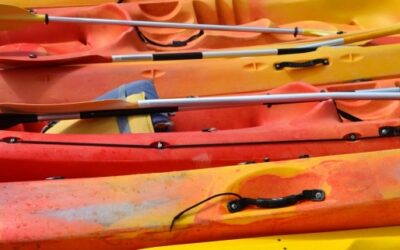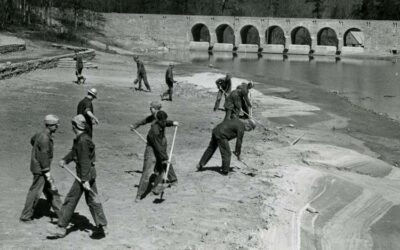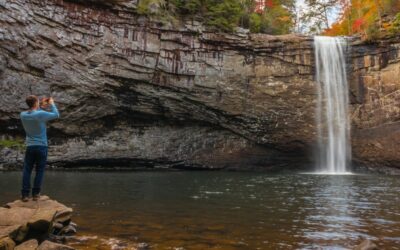Defending Streams, Rivers, & Wetlands
Water is the most essential natural resource. Fish, wildlife, and Tennesseans themselves all depend on it for survival. But thousands of miles of Tennessee’s rivers and streams are not able to support the aquatic life, water supply needs, and public recreation they are intended to support. Tennessee Wildlife Federation works to ensure this critical natural resource is managed appropriately as our state continues to grow.
Conserving Tennessee’s Wetlands
Wetlands are vital to Tennessee’s wildlife, environment, and communities, providing critical habitats, improving water quality, and reducing flood risks. Right now, state-level action is more important than ever to safeguard these essential ecosystems.
Protecting the Duck River
The Duck River is the longest river flowing entirely in Tennessee. It is one of the most biodiverse rivers in North America. And it is facing threats that will undoubtedly impact the future health of the river’s ecosystem.
Speak out
Help lead Tennessee's wildlife and habitat conservation movement by making your voice heard.
Give
Your generosity helps manage wildlife populations and restore habitats for a more vibrant Tennessee.
Sign up for action alerts
More Streams, Rivers, & Wetlands Concerns
Reducing River Overcrowding
Water is a public resource utilized by anglers, boaters, canoers and kayakers, and other recreationists. With a significant increase of recreational use in recent years, overcrowding on Tennessee’s rivers has reached a critical level and solutions are needed so we can all enjoy this natural resource.
Stop Litter, Preserve the Land We Love
Tennessee has a pollution problem. Litter affects wildlife, agriculture, recreation, and much more—all of which lead to negative impacts on Tennessee’s economy, health, and wild places.
Inadequate Water Resource Management
Regional growth is good for the economy, but if not done responsibly it will have detrimental impacts on the lands, water, and wildlife that draw many people to Tennessee. The health and abundance of Tennessee’s waterways needs time and resources to plan and monitor regularly.
Learn more
Timeline of Work to Better Share Our Rivers
More and more, Tennessee Wildlife Federation has heard from anglers and private paddlers that commercial canoe and kayak rental services are dominating public waterways and access points. Without...
Why We Need A 21st Century Civilian Conservation Corps
Opinion article by Michael Butler, CEO of Tennessee Wildlife Federation, and Collin O'Mara, president and CEO of National Wildlife Federation As we prepare to rebuild from the devastation wrought by...
Tennessee’s Underfunded State Parks
Tennessee’s beloved state parks are in need of $82 million for maintenance of facilities and habitats. Our State Parks Are in Need Most Tennesseans live within an hour drive of at least one of our...

